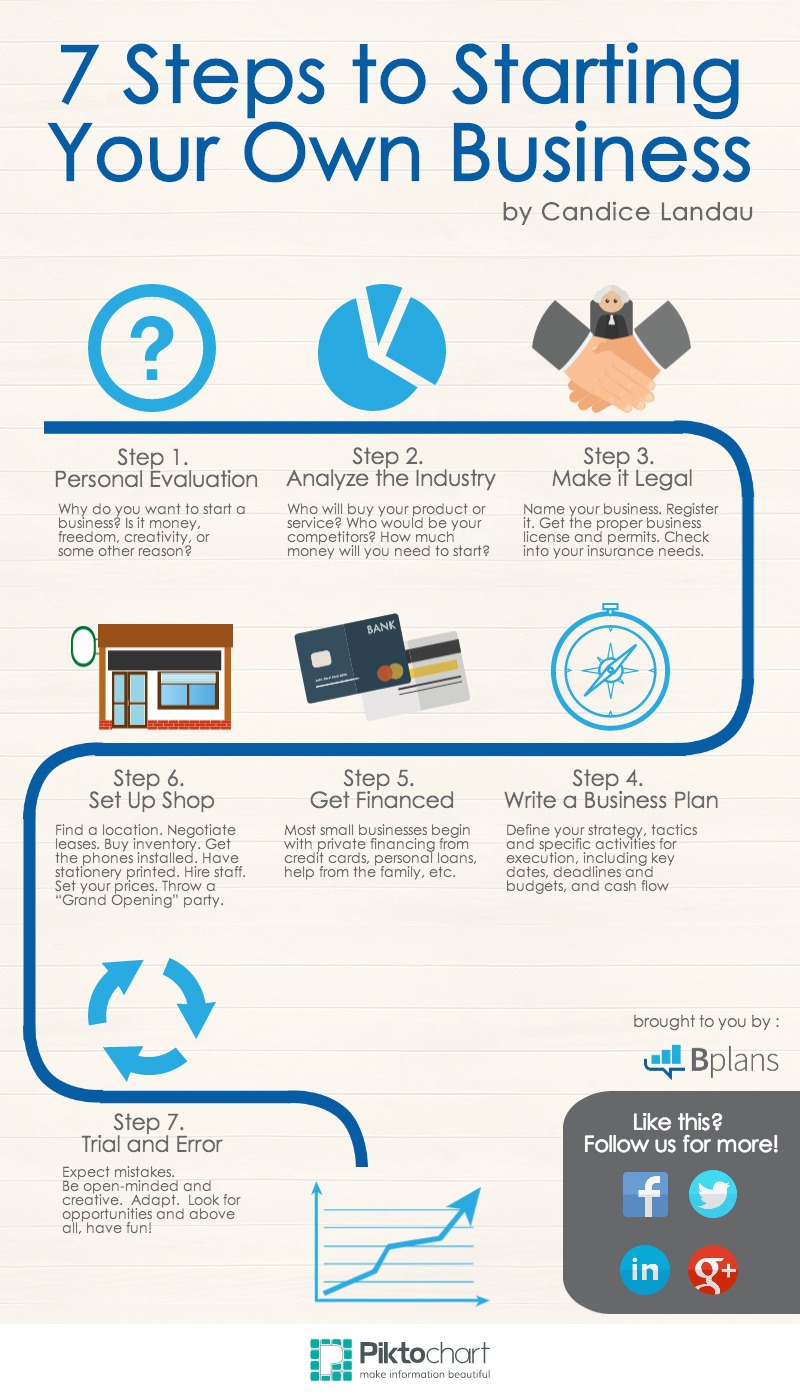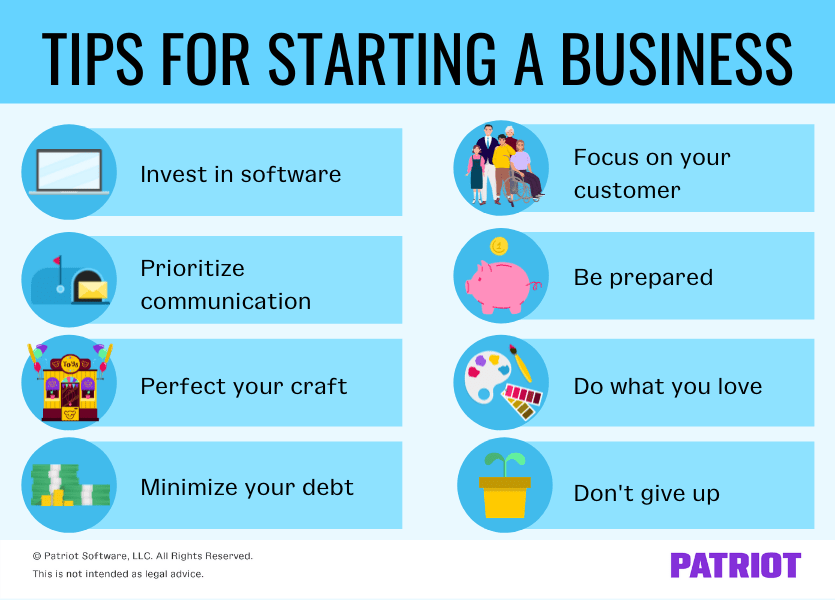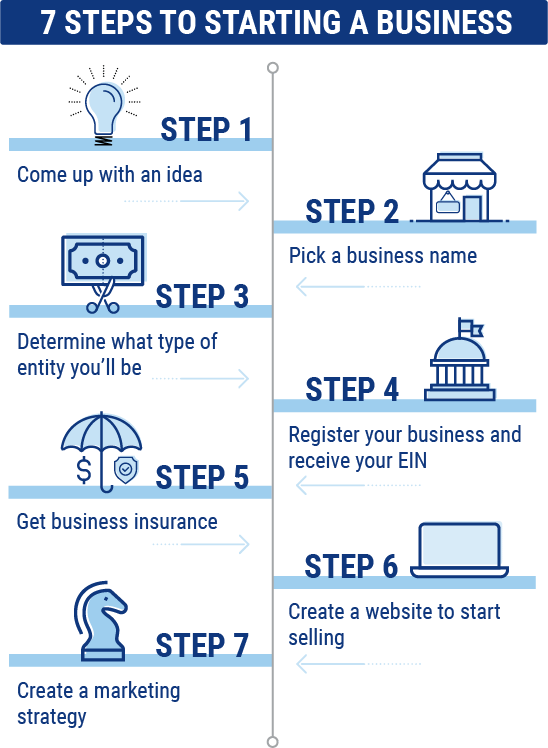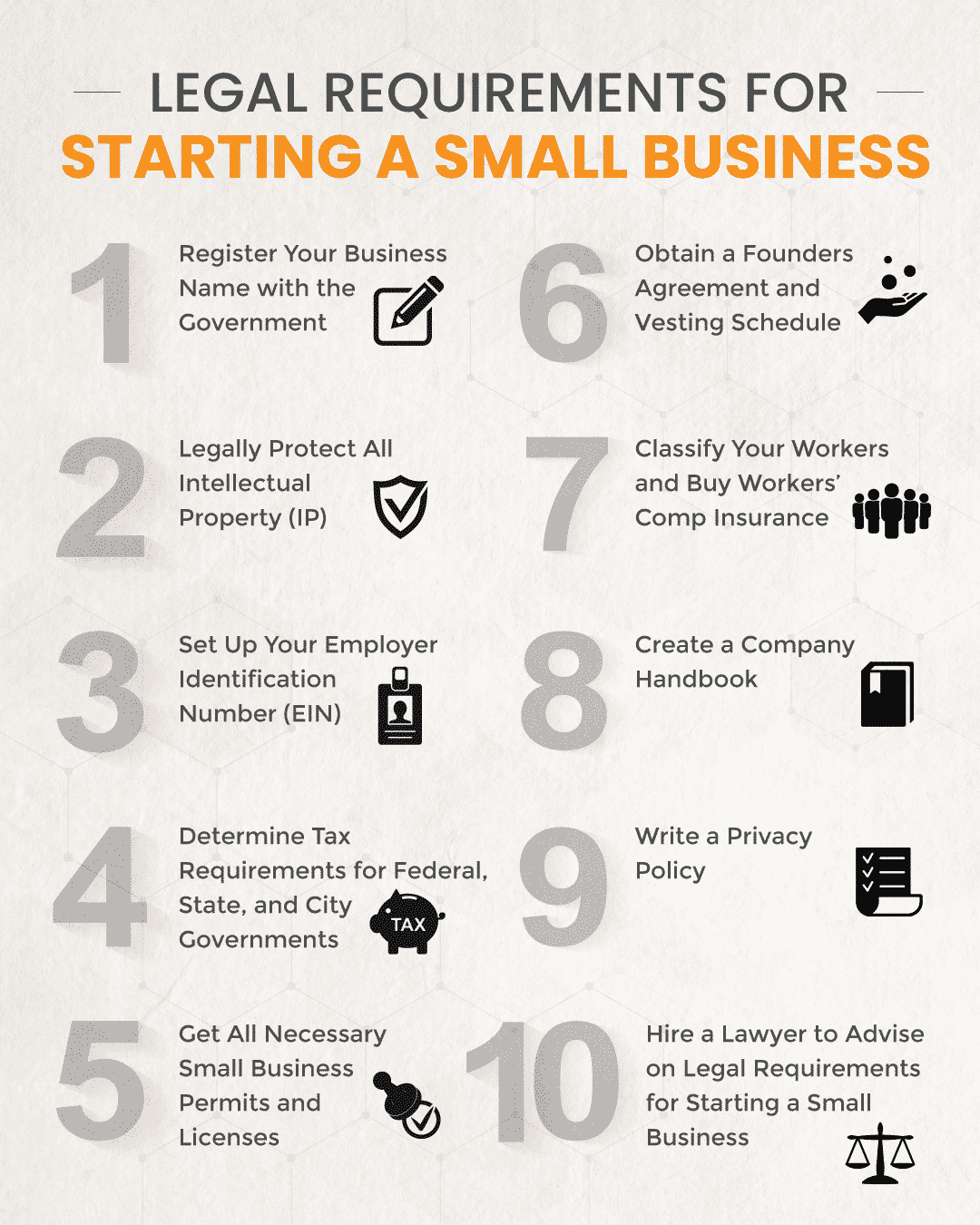What To Know When Opening A Business

The dream of being your own boss, setting your own hours, and reaping the rewards of your hard work is a powerful allure. However, launching a successful business requires more than just a good idea and unwavering passion. Navigating the complexities of entrepreneurship demands careful planning, diligent research, and a realistic understanding of the challenges ahead.
This article serves as a guide for aspiring entrepreneurs, outlining crucial steps and considerations necessary for starting and running a thriving business. We'll delve into key areas from legal structures and funding to market research and customer acquisition.
Laying the Groundwork: Business Planning & Legal Structure
A comprehensive business plan is the cornerstone of any successful venture. It serves as a roadmap, outlining your business goals, strategies, and projected financial performance.
The U.S. Small Business Administration (SBA) provides numerous resources and templates to assist in developing a robust business plan.
Choosing a Legal Structure
Selecting the right legal structure is paramount. Common options include sole proprietorships, partnerships, limited liability companies (LLCs), and corporations.
Each structure carries different implications for liability, taxation, and administrative requirements.
Consulting with a legal professional is highly recommended to determine the most suitable structure for your specific business needs. According to the IRS website, different structures are taxed differently. Some are pass-through, others are not.
Securing Funding: Options and Strategies
Access to capital is often a major hurdle for startups. Several funding options are available, each with its own advantages and disadvantages.
These include bootstrapping (using personal savings), loans from banks or credit unions, angel investors, venture capital, and crowdfunding.
The SBA offers various loan programs designed to support small businesses. They can be a significant resource.
Thoroughly research each option and prepare a compelling pitch to attract investors or secure financing.
Market Research & Customer Acquisition
Understanding your target market is crucial for success. Conduct thorough market research to identify your ideal customer, assess the competition, and determine the viability of your product or service.
Utilize tools like surveys, focus groups, and industry reports to gather valuable insights. The more you know about your customer, the better you can provide what they want.
Develop a comprehensive marketing strategy to reach your target audience. This may involve a mix of online and offline channels, such as social media, search engine optimization (SEO), content marketing, email marketing, and traditional advertising. Consider speaking with a marketing firm.
Customer acquisition is an ongoing process. Consistently monitor and optimize your marketing efforts to maximize your return on investment.
Navigating Regulations & Compliance
Starting a business involves navigating a complex web of regulations and compliance requirements.
These may include business licenses, permits, tax registration, and industry-specific regulations. Failure to comply can result in penalties and legal issues.
The SBA also offers resources to help small business owners understand and comply with relevant regulations. Don't get caught unaware!
Consider consulting with a business attorney or accountant to ensure you meet all legal and financial obligations. They are the experts.
Building a Strong Team
Surrounding yourself with a talented and dedicated team is essential for long-term success. Hire individuals with the skills and experience needed to complement your own.
Foster a positive and supportive work environment to attract and retain top talent.
"A company is only as good as its people." - Anonymous
Consider offering competitive salaries, benefits, and opportunities for professional development.
Embrace Adaptability and Resilience
The business landscape is constantly evolving. Be prepared to adapt to changing market conditions, technological advancements, and customer preferences.
Resilience is also crucial. Setbacks and challenges are inevitable, but it's important to learn from mistakes and persevere through difficult times.
Starting a business is not for the faint of heart. It requires dedication, hard work, and a willingness to learn and adapt. The journey may be challenging, but the rewards of building a successful business can be substantial.

















![What To Know When Opening A Business How to Start a Small Business in 13 Steps [2024 Guide] - Step By Step](https://stepbystepbusiness.com/wp-content/uploads/2022/01/How-to-Start-a-Business_Profitable-1.jpg)
